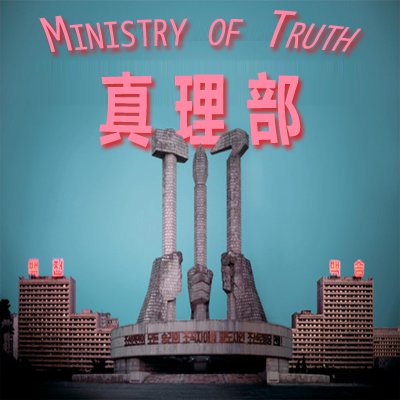The following censorship instructions, issued to the media by government authorities, have been leaked and distributed online. The name of the issuing body has been omitted to protect the source.
“Interim Measures for Special Additional Deduction of Personal Income Tax” draft has been published for public consultation. All websites, don’t report on comments like “deduction standards are too low,” “deduction scope is too narrow,” “deduction methods are unreasonable,” and do not conduct vote surveys on “degree of satisfaction with special additional deductions.” Do not re-post or quote foreign media reports or viewpoints. (October 20, 2018) [Chinese]
On October 20, China’s Ministry of Finance and State Administration of Taxation released a draft proposal on special personal income tax deductions for public consultation. The draft interim measures aim at stimulating consumer spending amid a period of slowing economic growth and a deepening trade war with the U.S. Caixin last month reported on the provisional deductions included in the draft:
The proposed deductions will help the finances of the majority of taxpayers, according to Gan Li, professor at the Research Institute of Economics and Management at Southwestern University of Finance and Economics. “The tax deduction mostly benefits taxpayers who earn 60,000 yuan ($8,660) to 96,000 yuan a year, or 59.4% of all taxpayers,” Gan wrote (link in Chinese). “After the deduction, taxpayers with annual incomes of more than 60,000 yuan will pay 52% less tax, amounting to savings of 3,213 yuan annually.”
Although the proposed deductions will cut the tax bills of many, there is doubt whether the deductions are enough to increase consumer spending to the point it can noticeably bolster the economy. One way to do that could be to encourage couples to have more children, as household expenses usually rise with the number of children.
According to the proposal, taxpayers with children in school at any level qualify for an annual tax deduction of 12,000 yuan per child. However, that deduction may not be enough to encourage couples to have more than one child at a time when the country’s birthrate is falling, wrote Liang Jianzhang (link in Chinese), co-founder of online travel agency Ctrip and a former economics professor at Peking University.
The proposal also does not cover child care costs for pre-school-age children, which is the biggest source of financial pressure on white-collar families, Liang wrote. [Source]
At the South China Morning Post, Orange Wang notes analysts’ lack of certainty that the new deductions will offer short term relief:
In theory, allowing these costs to be deducted from taxable income should encourage consumers to save less, increasing the money they have to spend and contributing more to the key plank of the government’s plan to stabilise growth as the economy weathers the impacts of the trade war.
But analysts are unsure if the new tax scheme will do much to get consumers to spend more, particularly in the short term.
“Tax deductions for individuals are totally new in China,” the Trivium consultancy said in a note. “So the ultimate effect will depend on how smoothly the process is handled, and on public awareness of how to make use of the new deductions.”
Taxpayers are unlikely to bank on big tax savings initially because of the novelty of the tax deduction concept, as well as a lack of detail on how the scheme will operate. [Chinese]
At Financial Times, Tom Hancock reports that Chinese censors have been increasingly targeting economic news amid the slowed economic growth:
As China’s economic growth slows and a trade war with the US damages consumer sentiment and the stock market, Beijing is further tightening controls on domestic media. The ruling party has for decades relied on a strong economy as a key source of its legitimacy, and in harder times economic news is increasingly subject to the same kind of censorship as politics.
“Censorship has never been so tight,” said one business journalist with two decades of experience. “There has been a big shift in the second half of this year.”
Chinese propaganda officials over the past few months have handed down instructions not to changshuai — bad mouth — the economy, according to a dozen journalists and editors at influential Chinese publications who spoke anonymously to the FT. […] [Source]
 Since directives are sometimes communicated orally to journalists and editors, who then leak them online, the wording published here may not be exact. Some instructions are issued by local authorities or to specific sectors, and may not apply universally across China. The date given may indicate when the directive was leaked, rather than when it was issued. CDT does its utmost to verify dates and wording, but also takes precautions to protect the source. See CDT’s collection of Directives from the Ministry of Truth
Since directives are sometimes communicated orally to journalists and editors, who then leak them online, the wording published here may not be exact. Some instructions are issued by local authorities or to specific sectors, and may not apply universally across China. The date given may indicate when the directive was leaked, rather than when it was issued. CDT does its utmost to verify dates and wording, but also takes precautions to protect the source. See CDT’s collection of Directives from the Ministry of Truth







